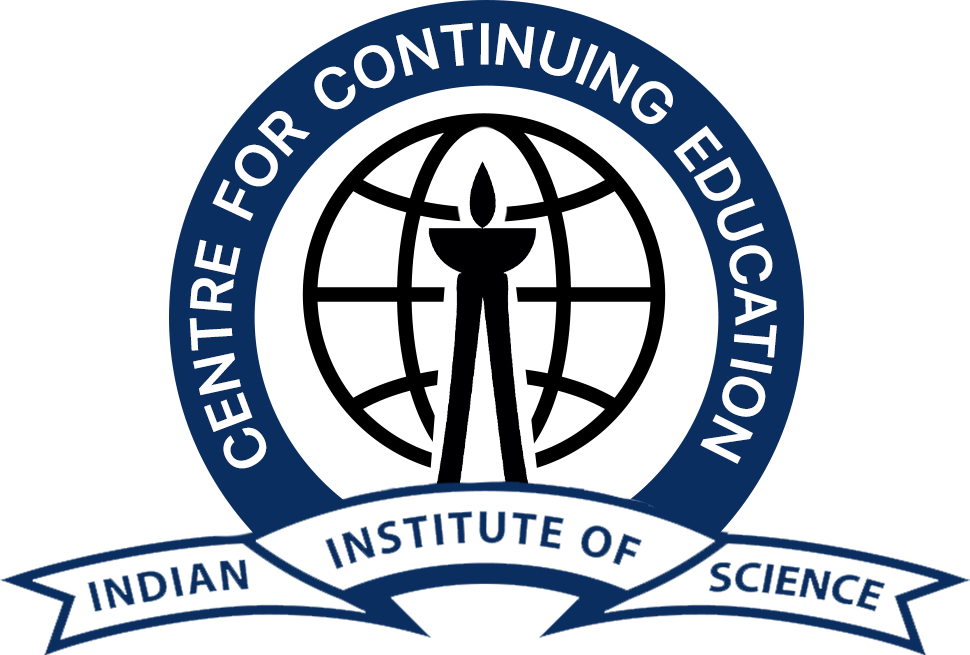Online Course on Transgenic Technology: Principles and Applications (3:0)
Last day to apply: 5 January 2025
Objectives
This course is proposed for those who wish to develop a strong background in technologies and principals involved in the generation of genetically modified experimental organisms, from worms to animals, and explore their use in scientific research.
Syllabus
History and overview of transgenic technology- Molecular technologies used in transgenic technology- Direct single-cell embryo pronuclear injection, embryonic stem cells, and somatic cell nuclear transfer- Lentiviral and BAC transgenesis- Zinc finger nuclease technology- Genome editing approaches such as TAL effector nucleases and Cas9/CRISPR- Generation of the stable transgenic and mutant nematode worm Caenorhabditis elegans- Production of transgenic and mutant zebrafish and Xenopus- Production of transgenic mice (Embryonic development, Design, and optimizing Constructs for transgenic expression, Preparation of females for embryo collection- Pronuclear microinjection, Generation of Pseudo pregnant Females, Implantation in foster mothers, Identification of transgenic progeny)- Generation of knock-out mice ( Isolation and culture of embryonic stem (ES) cells, Gene targeting construct design, Transfection, Homologous recombination in ES Cells, Positive and negative selection; blastocyst injection, Breeding of germ-line chimeras)- Transgenic animal model supporting techniques (Cryopreservation and rederivation; ICSI and IVF)- Cre/lox and Flp/FRT system for inducible transgenics, general knockouts, conditional knockouts, and reporter strains in mice – Chemically inducible transgene expression systems- Use of transgenic technology in the modelling of human diseases, including cardiovascular diseases, diabetes, obesity, cancer, atherosclerosis, neurodegenerative diseases, muscle degeneration, and aging.
Target Group
College students (Veterinary, Pharmacy, Biotechnology & Medical) · Industry (Pharmaceutical Companies & Biotech Companies) · Researchers, Postdocs and students in the field of biological sciences.

Dr. N. Ravi Sundaresan
Associate Professor
Dept. of Microbiology and Cell Biology
Indian Institute of Science
Email: rsundaresan@iisc.ac.in
Number of credits – 3:0
Mode of Instruction
Online Classes using Microsoft Teams/Google Meet Online Seats are Limited to 100
Duration
5 Months (JAN – MAY 2025)
Timings of the class
Tuesday and Thursday
(8.00PM to 9.30PM)
Course Fee
₹ 15000 (Excluding 18% GST)
| Particulars | Amount (in ₹) |
| Course Fee | 15,000 |
| Application Fee | 300 |
| GST@18% | 2,754 |
| Total | 18,054 |
Who Can apply?
Students either studying or completed, BSc (research), MSc, B. Tech, B. Pharam., BVSc., MBBS, B.Pharm., MS (Biotech), or Equivalent.
Pre-requisites: Basic knowledge in the Life Sciences
Reference Books
- Principles of Gene Manipulation and Genomics by Sandy B. Primrose, R. Twyman Oxford press; 7th edition.
- Transgenic Animal Technology: A Laboratory Handbook. Carl A. Pinkert Elsevier Science Publishing Co Inc: 3rd Revised edition.
- Transgenic Mouse Methods and Protocols (Methods in Molecular Biology) Marten H.
- Hofker, Jan van Deursen. Humana Press.2nd Edition.

